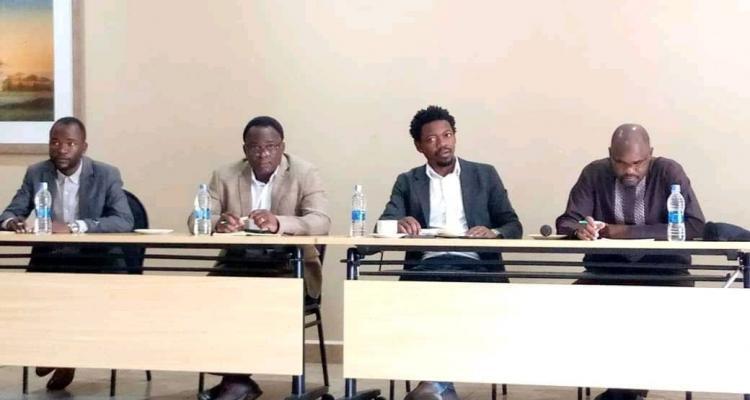
National Alliance Against Corruption (NACA), Youth and Society (YAS) and Oxfam have expressed concern over state capture in Malawi and the levels of corruption which are worsening in the country.
National Alliance Against Corruption Chairperson, Moses Mkandawire, said the civil society is greatly concerned with the worsening state of corruption in the country.
Speaking at a press briefing in Lilongwe, Mkandawire noted that it is worrying to see what he has described as state capture by some individuals in the private sector.
According to Mkandawire, CSOs want authorities to establish a commission of enquiry to establish a full scale of state capture, saying what Malawians have seen is just a tip of the iceberg.
“We have seen that this has become extremely extensive and that is negatively impacting on the growth and development of our nation. We have agreed to constitute a commission of inquiry particularly from the authorities especially on the state capture so that we determine the gravity of the problem in individuals that are involved and how best we can prevent and end corruption in the county,” said Mkandawire.
In his remarks, Youth and Society (YAS) Executive Director Charles Kajoloweka said the CSOs are demanding accountability of the Judiciary and law enforcement agencies in the management of cases related to state capture.
He added that the CSOs are demanding speed in the asset recovery processes from state capture cases and accountability of the same.
“We are demanding the expediting of the recruitment of the Auditor General and the Director General of the Financial Intelligence Authority. We are also demanding the speedy release of the Public Sector Reforms report which President Lazarus Chakwera has been sitting on for a long time. A lot of corruption is taking place in security institutions such as Malawi Defence Force, Malawi Police Service and Immigration Department and the excuse has always been that you cannot investigate them because of fear of interfering with national security,” said Kajoloweka.














